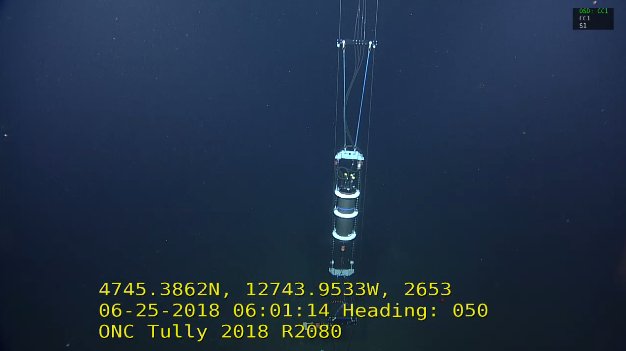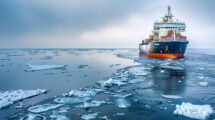An Alberta physicist is able is search for high-energy neutrinos in the waters off the coast of Vancouver Island, from his desk in Edmonton, thanks to Canada’s National Research and Education Network.
“They’re messengers of the most interesting things that happen in the Universe.”
This is how Dr. Carsten B. Krauss, Director of the Centre for Particle Physics at the University of Alberta, describes high-energy neutrinos.
“Neutrinos come from the explosions of stars, and possibly from other sources, like the environment around black holes,” says Krauss. “What’s great about them is that they move in a straight line, and can’t be reflected or interacted with along their journey. So you can be certain of where they came from, and what they represent.”
This is why so many scientists around the world are engaged in the search for neutrinos. Unfortunately, because neutrinos don’t interact with anything, it can be very difficult to detect them, particularly high-energy neutrinos. Krauss is part of a global team of scientists that has been testing a sea-based ‘neutrino detector’ environment off the coast of Vancouver Island.

Submitted by Jane Gifford







